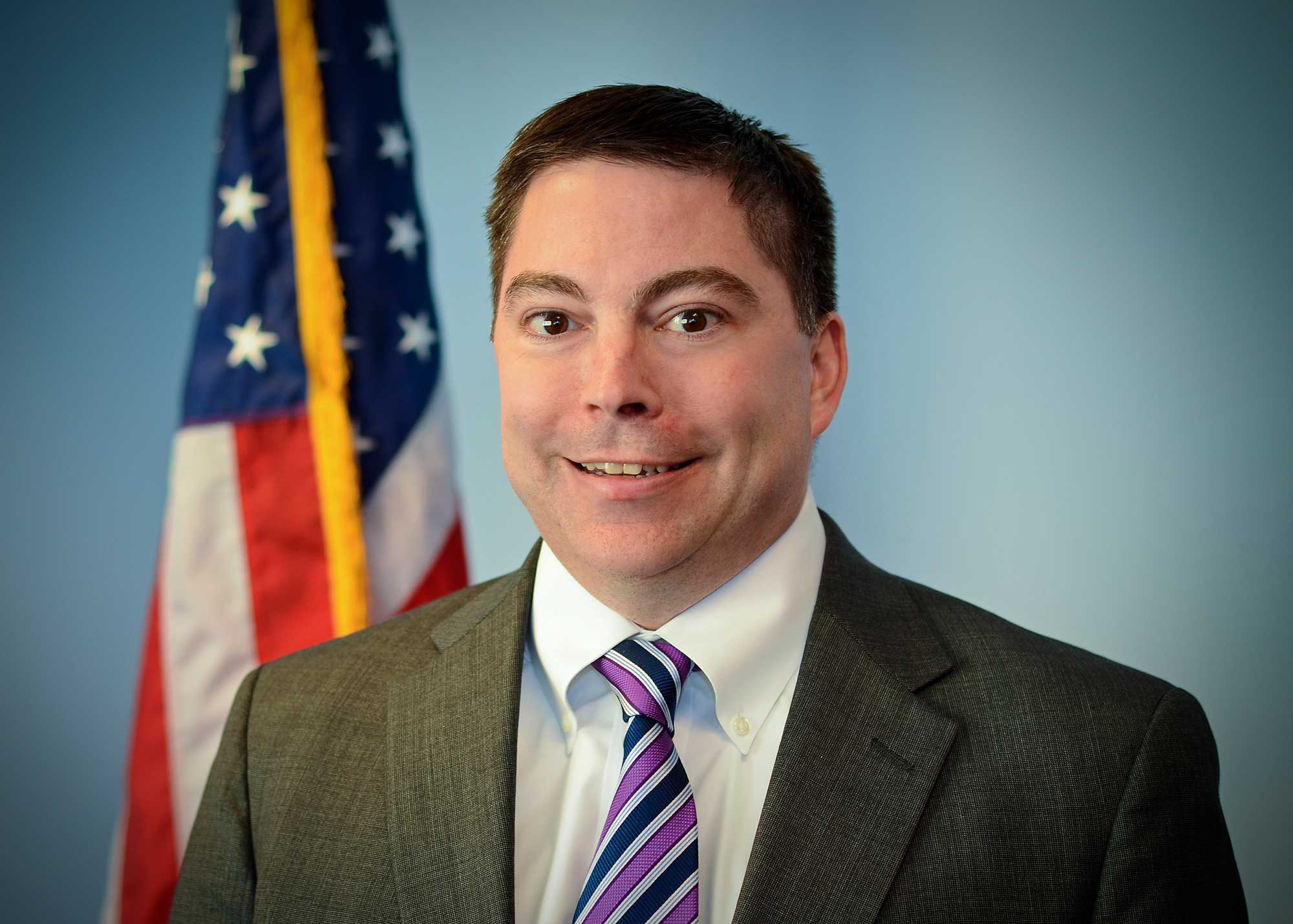FCC's O'Rielly Warns KidVid Opponents That Rules Could Go Away

The smarter way to stay on top of broadcasting and cable industry. Sign up below
You are now subscribed
Your newsletter sign-up was successful
FCC Commissioner Michael O'Rielly used his speech at the Media Institute's Free Speech America gala in Washington Wednesday (Oct. 24) to suggest that the FCC's KidVid rules might be unconstitutional, and told those fighting against any changes to the FCC's KidVid rules that "might want to reconsider their approach lest they end up with the rules being struck down altogether on First Amendment grounds."
O'Rielly has been leading the effort to review the rules, which include requirements that TV stations air three hours of educational/informational children's programming per week on their primary channels and on any multicast channels airing free TV. Shows have to be at least 30 minutes in length and air at times when kids are expected to be in the audience. There are also limits on commercials and host-selling.
The FCC last June, along partisan lines (the vote was 3 to 1), approved a notice of proposed rulemaking (NPRM) that would loosen or eliminate some of those KidVid rules. The FCC still needs to vote on a final order, but it is clear there are the votes to make some changes.
O'Rielly, with the full support of broadcasters has suggested the decades-old rules are too rigid in a marketplace where broadcasting's online competitors offer programming on-demand in bite-sized pieces that appeal to kids, and with no government regulations on when and where and what they can provide.
But in the speech, O'Rielly went further, signaling that a good case could, and had been, made that the rules are an abridgement of broadcasters' speech rights, and thus illegal.
"It has been argued that the FCC's children's programming requirements imposed on our nation's broadcasters...raise legitimate First Amendment concerns," he said, adding that despite "tremendous" competition and options in children's programing, the commission still maintains extensive requirements that broadcasters must adhere to," including the three-hour requirement. He said many legal scholars have argued that the rules and perhaps even the underlying statute [the Children's Television Act of 1996] are content-based restrictions not narrowly tailored to further a compelling government interest and therefore fun afoul of the First Amendment," which is legal scholar speak for "they don't meet the high bar for carveouts from Free Speech protections."
He also warned that some government-run broadband networks impose speech codes in their terms of service agreements that constitute content-based restrictions that also do not pass muster under the "strict scrutiny" test for speech regulation.
The smarter way to stay on top of broadcasting and cable industry. Sign up below
Contributing editor John Eggerton has been an editor and/or writer on media regulation, legislation and policy for over four decades, including covering the FCC, FTC, Congress, the major media trade associations, and the federal courts. In addition to Multichannel News and Broadcasting + Cable, his work has appeared in Radio World, TV Technology, TV Fax, This Week in Consumer Electronics, Variety and the Encyclopedia Britannica.

